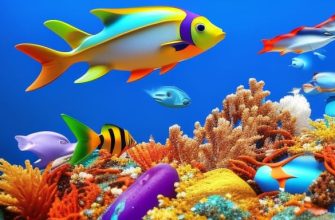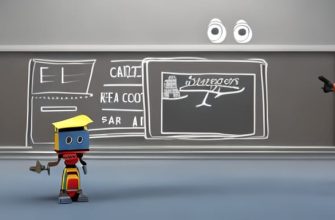The cosmic web is a vast dark matter and gas network that spans the entire universe. This web comprises filaments and voids, where galaxies and other cosmic structures are found. Studying the cosmic web can give us insight into the structure and evolution of the universe, as well as the properties of dark matter and energy.
Recently, there has been talking of a human mission to study the cosmic web, which could provide even more detailed information about this mysterious aspect of the universe.
What is the Cosmic Web?
The cosmic web is made up of dark matter and gas, which are the universe’s building blocks. Dark matter acts as scaffolding, allowing galaxies and other cosmic structures to form and grow. The gas is the fuel for star formation and other cosmic processes.
The cosmic web is made up of filaments, the regions where galaxies and other structures are found, and voids, which are the regions where there are no galaxies or other structures.
Why Study the Cosmic Web?
Studying the cosmic web can give us insight into many aspects of the universe, including:
- The structure and evolution of the universe
- The properties of dark matter and dark energy
- The formation and evolution of galaxies
- The formation of stars and planets
How Would a Human Mission Study the Cosmic Web?
A human mission to study the cosmic web would involve sending a spacecraft to a region where the cosmic web is particularly well-defined. The spacecraft would use a variety of instruments to study the gas and dark matter in the region, including:
- Telescopes to observe galaxies and other structures in the cosmic web
- Spectrometers to analyze the composition of the gas in the cosmic web
- Detectors to measure the properties of dark matter in the cosmic web
The spacecraft would also take detailed measurements of the temperature and density of the gas in the cosmic web, its motion, and other properties.
Possible Problems and Negative Effects
Like any space mission, a human mission to study the cosmic web would be fraught with risks and challenges. Some of the possible problems and negative effects could include the following:
- Technical difficulties with the spacecraft or its instruments
- Radiation exposure to the crew
- Health issues related to long-duration space travel
- High cost and limited funding for the mission
There are also concerns about the potential negative effects that a human mission to study the cosmic web could have on the environment, such as:
- Contamination of the cosmic web with human-made materials
- Alteration of the natural balance of the cosmic web
- Possible interference with other cosmic processes and structures
Positive Effects
Despite the challenges and concerns, a human mission to study the cosmic web could have many positive effects, including:
- Advancing our understanding of the universe and its origins
- Providing new insights into the nature of dark matter and dark energy
- Inspiring future generations of scientists and space explorers
- Stimulating technological innovation and economic growth
Conclusion
A human mission to study the cosmic web is a bold and ambitious idea that could have far-reaching consequences for our understanding of the universe. While such a mission has risks and challenges, the potential benefits are great.
With continued advances in space technology and exploration, a mission to study the cosmic web may one day become a reality.








